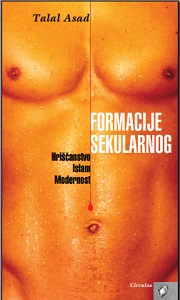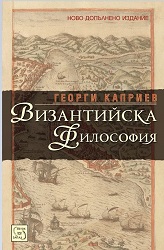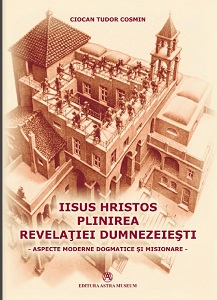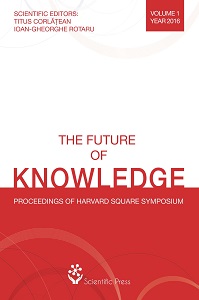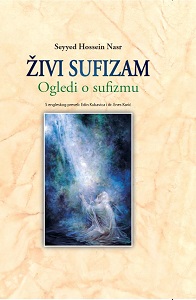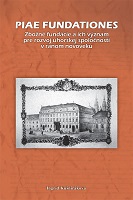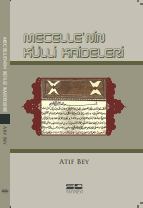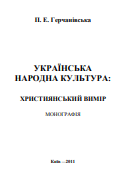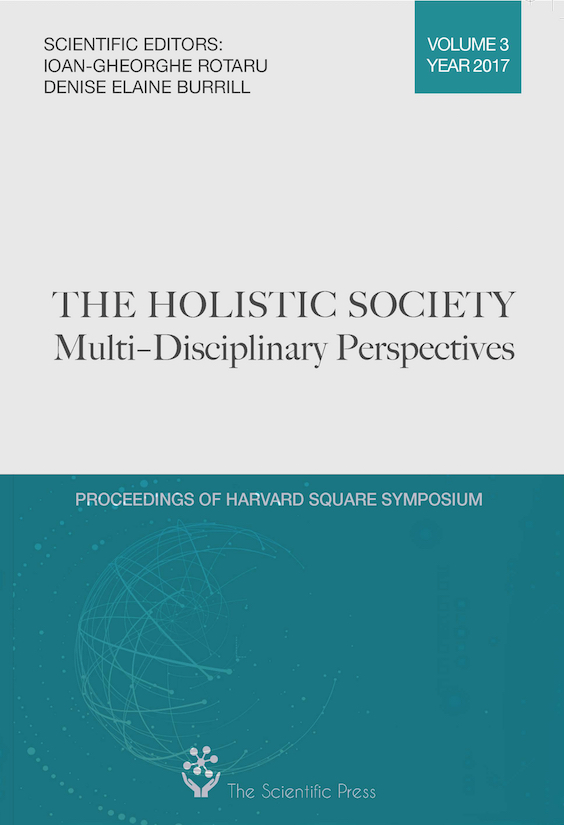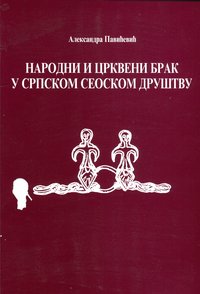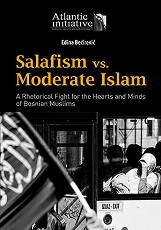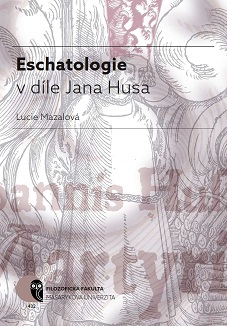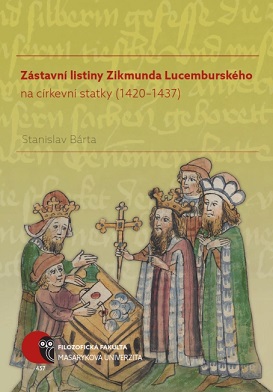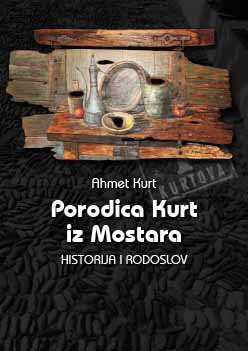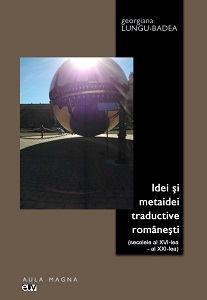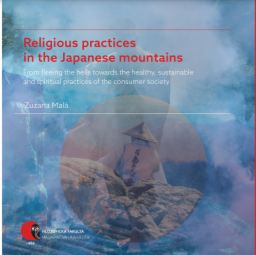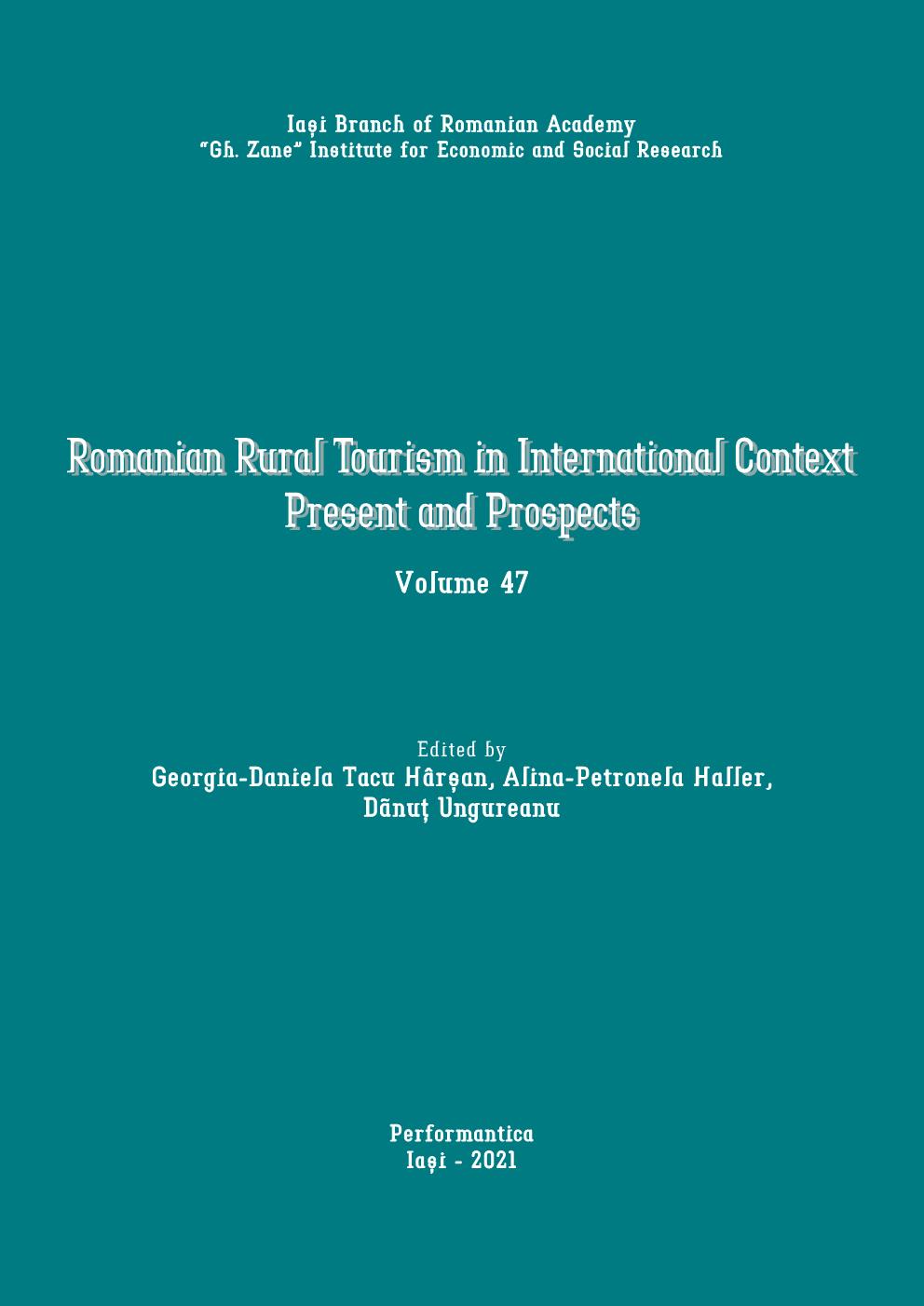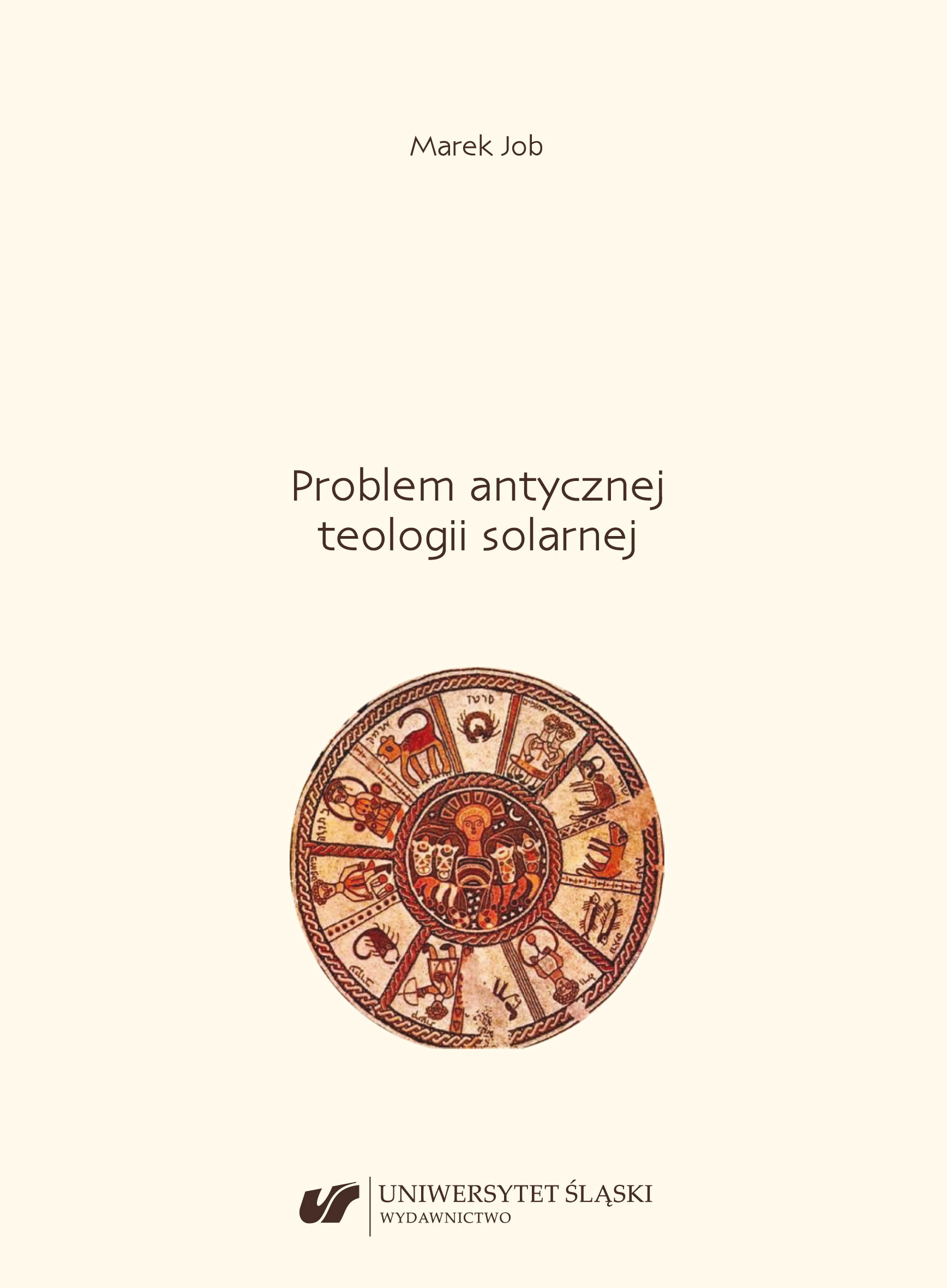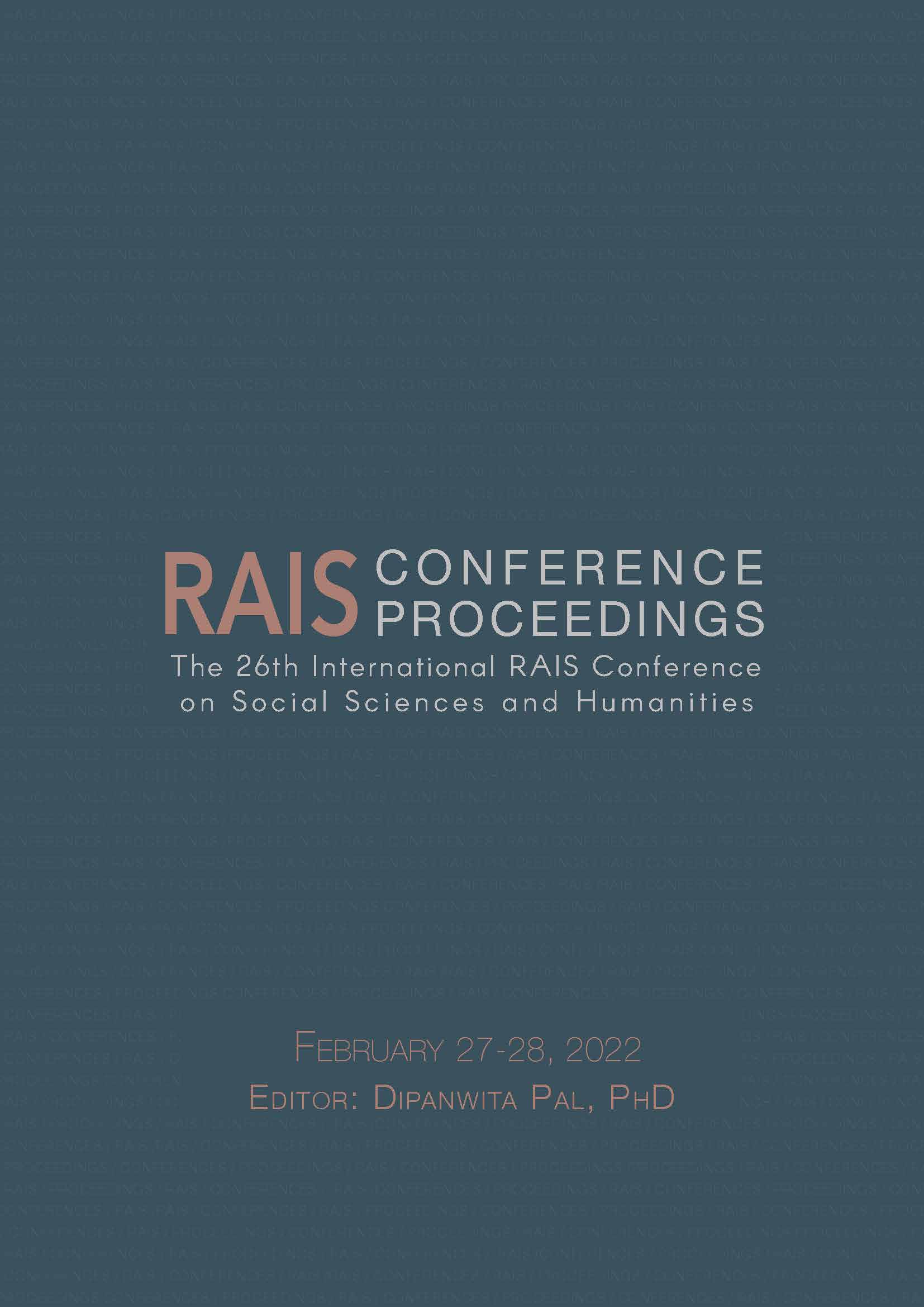Author(s): Ingrid Kušniráková / Language(s): Slovak
Katolícke fundácie a ich význam pre rozvoj školstva, ústavov sociálnej starostlivosti a cirkevných inštitúcií v období raného novoveku sú témou, ktorej slovenská historiografi a doteraz nevenovala takmer žiadnu pozornosť. Základiny ako majetkové podstaty založené s cieľom materiálne zabezpečiť cirkevné, školské a charitatívne ústavy sa okrajovo spomínajú takmer vo všetkých prácach venovaných dejinám týchto inštitúcií v sledovanom období, väčšina z nich však prináša len základné údaje o ich majetku, zakladateľoch a o cieľoch, ktoré mali plniť. V slovenskej historiografi i, ale i v dejepisectve okolitých krajín absentujú práce, ktoré by dôslednejšie analyzovali miesto fundácií v systéme fi nancovania cirkví, školstva a sociálnej starostlivosti, sledovali spôsob spravovania a využívania ich majetku a poukázali na vzájomnú súvislosť medzi podriadením fundácií kontrole štátu a realizáciou niektorých reforiem osvietenských panovníkov. Fundácie (základiny) boli významným fenoménom v živote ranonovovekej spoločnosti, tvorili základ fi nančného zabezpečenia cirkví, školstva a sociálnej starostlivosti. Ranonovoveký štát sa prakticky nepodieľal na budovaní cirkevných, školských a charitatívnych inštitúcií a nepoznal inštitút štátneho rozpočtu s vyčlenenými kapitolami na fi nancovanie spomínaných oblastí spoločenského života. Rôzne cirkevné inštitúcie, všetky typy škôl a sociálnych ústavov mohli vzniknúť a pôsobiť len vďaka dostatočne stabilným a výnosným základinám, ktoré zakladali cirkevné a svetské elity vtedajšej spoločnosti. Kniha o dejinách fundácií v ranom novoveku je súčasne prácou o dejinách cirkevných, školských a charitatívnych inštitúcií v tomto období a o systéme ich fi nančného zabezpečenia. Budovanie sakrálnych objektov, vzdelávacích a charitatívnych ústavov bolo súčasťou formovania novovekých konfesií v Uhorsku. Každá z nich si s podporou svojej cirkevnej hierarchie a solventných veriacich budovala vlastné inštitúcie, ktorých fi nancovanie bolo zabezpečené najmä výnosmi z fundácií. V dôsledku konfesionalizácie uhorskej spoločnosti štát diferencoval svoj prístup k existencii a pôsobeniu fundácií jednotlivých cirkevných spoločenstiev. Základiny každej konfesie vznikali a pôsobili v podmienkach, ktoré existujúce právne normy vytvorili pre jej pôsobenie a činnosť. Jednotlivé konfesie spolu so svojimi inštitúciami (farnosti, kláštory, školy a chudobince) vytvorili v Uhorsku v období 17. a 18. storočia uzavreté komunity, ktoré síce žili v rovnakých politických a spoločenských pomeroch, ale ich život okrem všeobecne platných právnych noriem ovplyvňovali aj zákony, platné pre konkrétnu konfesiu. V Uhorsku v sledovanom období pôsobili štyri významné kresťanské konfesie a každá z nich spravovala svoje vlastné fundácie. Dejiny fundácií jednotlivých konfesií je nevyhnutné skúmať v rámci vlastných cirkevných dejín a v kontexte vzájomných vzťahov týchto spoločenstiev a štátu. Takto postavená téma by však presahovala možnosti jednej knihy, preto bolo nevyhnutné tému obmedziť a vzhľadom na dominantné postavenie katolíckej cirkvi v krajine zamerať pozornosť len na fundácie tejto konfesie. Na začiatku 17. storočia stála pred katolíckou cirkvou a jej stúpencami v Uhorsku historická výzva obnoviť cirkev a získať späť pozície v spoločnosti, ktoré stratila v priebehu reformácie. Cirkev si musela nanovo zadefi novať svoje dogmy, formy zbožnosti a organizačnú štruktúru. Dogmatické otázky vyriešil Tridentský koncil, obnova cirkevného života bola v rukách domácej cirkevnej hierarchie a stúpencov katolíckej cirkvi. Nevyhnutným predpokladom obnovy cirkvi bol schopný a vzdelaný klérus, vzdeláva cie príležitosti pre katolícku mládež a primeraná sieť farností. Všetky tieto inštitúcie však mohli vzniknúť a pôsobiť len vďaka stabilným a dobre zabezpečeným fundáciám. Základiny boli v 17. stotočí jedným z predpokladov obnovy katolíckej cirkvi v Uhorsku a nástrojom jej fi nancovania. Fundácie, ich vznik a aktivity, boli významne poznačené časom, v ktorom vznikli, ako aj kultúrnym a spoločenským prostredím, v ktorom pôsobili. Fundácie vznikali ako „večné“ inštitúcie, ale spoločnosť, v ktorej existovali, sa menila. V čase veľkých spoločenských zmien preto dochádzalo k vzájomnému napätiu medzi správcami fundácií a svetskými či cirkevnými jurisdikciami. Pod vplyvom spoločenských zmien sa museli nanovo defi novať ciele niektorých základín, zmenil sa správca i spôsob ich spravovania. Správcovia fundácií sa v Uhorsku v 18. storočí museli vyrovnať najmä s dôsledkami osvietenských reforiem Márie Terézie a Jozefa II. V čase ich panovania, teda v druhej polovici 18. storočia, začal štát riadiť a reformovať oblasť školstva a sociálnej starostlivosti, ktoré sa dovtedy vnímali najmä ako súčasť života cirkvi, ale aj samotnú cirkev a jej vnútorný život. Refoma cirkevných štruktúr, školských a charitatívnych inštitúcií nebola možná, pokiaľ štát nepodriadil svojej kontrole fi nančné zdroje, z ktorých boli tieto inštitúcie fi nancované. Podriadenie fundácií kontrole štátu bolo prvým krokom na ceste k osvietenskej reforme týchto sfér spoločenského života. Kontrola základín zároveň významným spôsobom posilnila vplyv štátu na riadenie školstva a systému sociálnej starostlivosti, obmedzila kompetencie cirkvi v tejto oblasti a stala sa nástrojom osvietenských reforiem. Nemecká historiografi a, ktorá sa už dlhší čas venuje systematickému skúmaniu fenoménu stredovekých fundácií , používa tri základné koncepcie skúmania a spracovania ich dejín. Prvá, najstaršia z nich, je právnohistorická, ktorá vznikla na konci 19. storočia. Právne chrakteristiky defi nujú základiny najmä ako inštitúcie, ktoré plnia fundátorom stanovený cieľ. Za základnú črtu fundácií považujú trvalú existenciu ich majetku a právnu subjektivitu. Fundácie však boli sociálnym i kultúrnym fenoménom, z tohto dôvodu sa najmä v posledných desaťročiach stali predmetom výskumu sociálnych a kultúrnych dejín. Sociálnohistorický prístup skúma fundácie ako nástroje spásy a kolektívnej pamäte, sleduje vzťahy medzi fundátorom a obdarovanými osobami, analyzuje sociálne javy, ktoré fundácie vytvorili a sociálne súvislosti, v ktorých vznikli a plnili svoje poslanie. Vzťahy medzi fundátormi a adresátmi základín mali aj svoju kultúrnu rovinu, ktorá spočívala v pestovaní a upevňovaní pamiatky jednotlivca v kolektívnej pamäti. Fundácie vytvorili rámec, v ktorom sa organizovaným spôsobom pestovali spomienky žijúcich na zosnulých členov spoločnosti. Fundácie sa stali súčasťou obrazu spoločenských vrstiev, ktorých sebaprezentácia je predmetom výskumu kultúrnych dejín.4 Predkladaná kniha sleduje všetky tri uvedené aspekty dejín fundácií, nosnou témou sú dejiny fundácií ako školských, charitatívnych a cirkevných inštitúcií. Kniha má však ambíciu prekročiť právnohistorický rámec výskumu, preto sleduje i dôvody fundátorov, ktoré ich viedli k založeniu fundácie, analyzuje spoločenské skupiny, ktoré boli z výnosov fundácií podporované a povinnosti obdarovaných osôb voči pamiatke fundátora i fundácii samotnej. Vzhľadom nato, že základiny sa v ranom novoveku aktívne podieľali na obnove katolíckej cirkvi a jej inštitúcií, vnímam dejiny fundácií v tomto období aj ako súčasť cirkevných dejín. Práca je chronologicky vymedzená obdobím 17. a 18. storočia, konkrétne časovým úsekom, ktorý sa začal nástupom Petra Pázmánya na stolec ostrihomského arcibiskupa v roku 1616 a skončil smrťou Leopolda II. v roku 1792. Úspešná rekatolizácia pod vedením P. Pázmánya sa stala počiatkom renesancie katolíckych inštitúcií v krajine, ktoré nemohli vzniknúť a pôsobiť bez výnosných a stabilných fundácií. Obnova katolíckej cirkvi v Uhorsku vyvrcholila v polovici 18. storočia, teda v období, keď Mária Teré- zia začala realizovať osvietenské reformy i v uhorskej časti svojej monarchie. Smrťou Leopolda II. sa končí éra osvietenských reforiem a začína sa nová epocha v dejinách Uhorska. Práca vychádza predovšetkým zo štúdia archívnych prameňov Uhorskej kráľovskej miestodržiteľskej rady v Maďarskom krajinskom archíve v Budapešti, fond Acta fundationalia. Vo fonde sa nachádza veľké množstvo historikmi doteraz nevyužitých písomností, ktoré pochádzajú z rokov 1723 – 1780 a dokumentujú proces podriadenia fundácií štátnej kontrole. Pre potreby práce sa stali prínosom archívne fondy všetkých inštitúcií, ktoré v sledovanom období spravovali fundácie, teda najmä archívy cirkevných inštitú- cií, miestnych samospráv a župných úradov. Využila som archívne fondy deponované v Slovenskom národnom archíve, v Archíve mesta Bratislavy a v Štátnom archíve v Bratislave. Touto cestou sa chcem poďakovať pracovníkom spomínaných archívov za ich pomoc a ochotu.
More...
